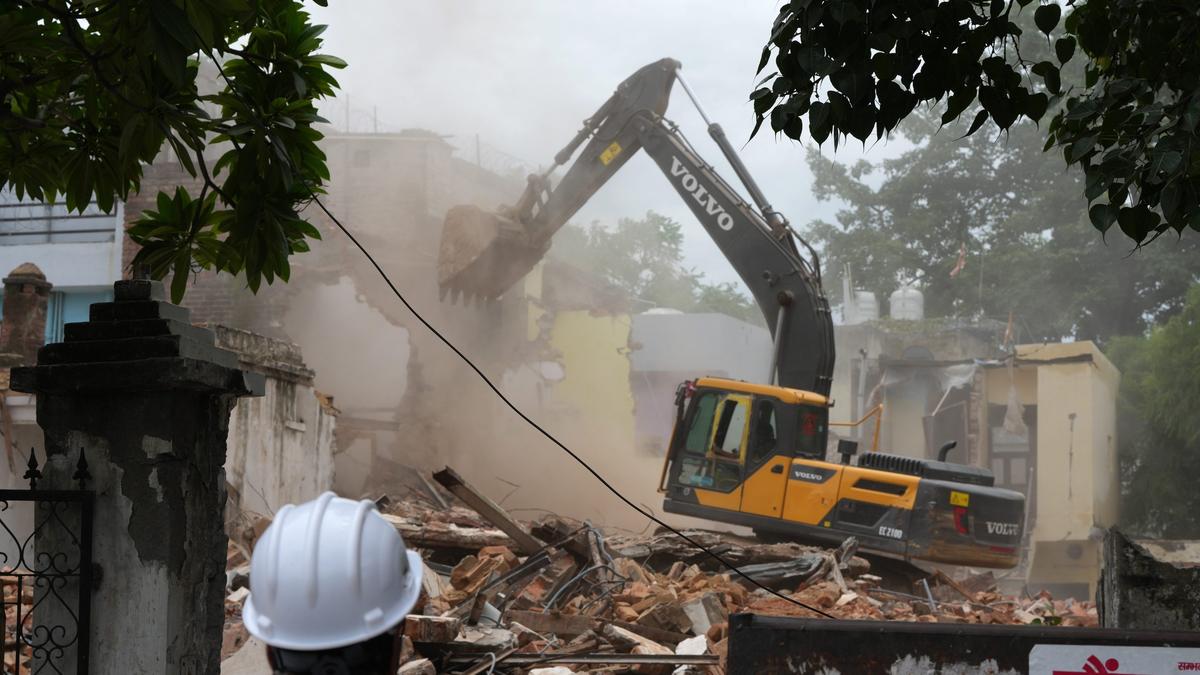 |
|
The Supreme Court of India, in a landmark decision, has declared that even convicted criminals are protected against state-sponsored punitive demolitions of their legal private property. The court has, however, refused to offer any kind of immunity to encroachers of public spaces, regardless of their religious affiliations. This judgment highlights the court's commitment to upholding property rights while simultaneously emphasizing the importance of safeguarding public spaces from encroachment. The court's decision arose from petitions alleging that certain states, particularly Uttar Pradesh, were misusing municipal laws to demolish the private property of minority communities. The petitioners argued that these demolitions were not based on legitimate legal grounds but rather on political motives and a desire to target specific groups. The court acknowledged these concerns and declared that conviction in a criminal case cannot be used as justification for demolishing an individual's legally owned property.
The court's decision to not offer immunity to public space encroachers is equally significant. While acknowledging India's secular principles, the court firmly stated that laws apply equally to all citizens and unauthorized constructions, irrespective of religion or faith, will be removed. This assertion reiterates the need for equal application of the law and the non-negotiable importance of preserving public spaces for the benefit of all. The court's approach to this issue is nuanced. While emphasizing the need for strong action against encroachers, it also recognizes the possibility of discriminatory practices in the enforcement of municipal laws. To address this concern, the court has proposed the creation of pan-India guidelines to protect private property from illegal and targeted state demolitions. These guidelines will aim to ensure that demolitions are carried out fairly and transparently, without targeting individuals or groups based on their religious affiliations or criminal backgrounds. Furthermore, the court has suggested the implementation of judicial oversight to monitor state demolitions and prevent discriminatory practices.
The court's decision in this case is significant for its impact on the balance between individual property rights, public safety, and the potential for discriminatory state actions. The court has emphasized the need for a robust legal framework that safeguards both private property and public spaces while preventing the misuse of power. The court's decision to protect convicted criminals from punitive demolitions underscores the importance of upholding individual rights even in cases where individuals have been convicted of criminal offenses. The court's emphasis on the need for equal application of the law and the rejection of religious or communal considerations in the enforcement of municipal laws reaffirms the commitment to secular principles and the rule of law in India. The court's proposed pan-India guidelines and its emphasis on judicial oversight are crucial steps towards ensuring fairness and transparency in the enforcement of municipal laws, preventing discriminatory practices, and protecting individual rights.
